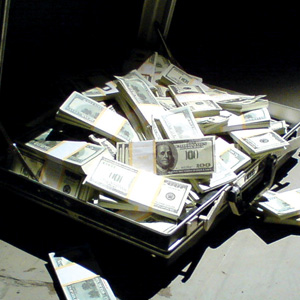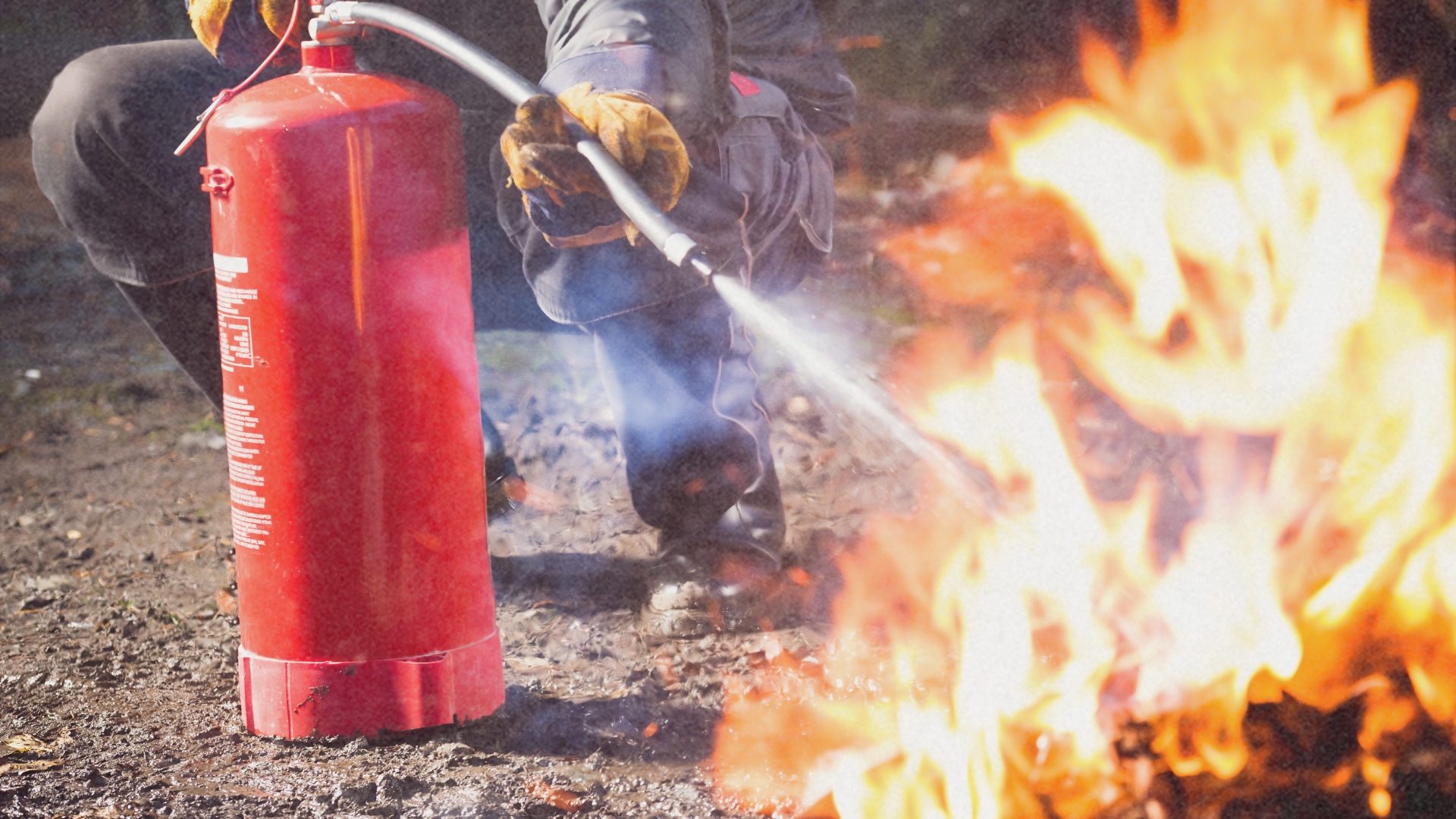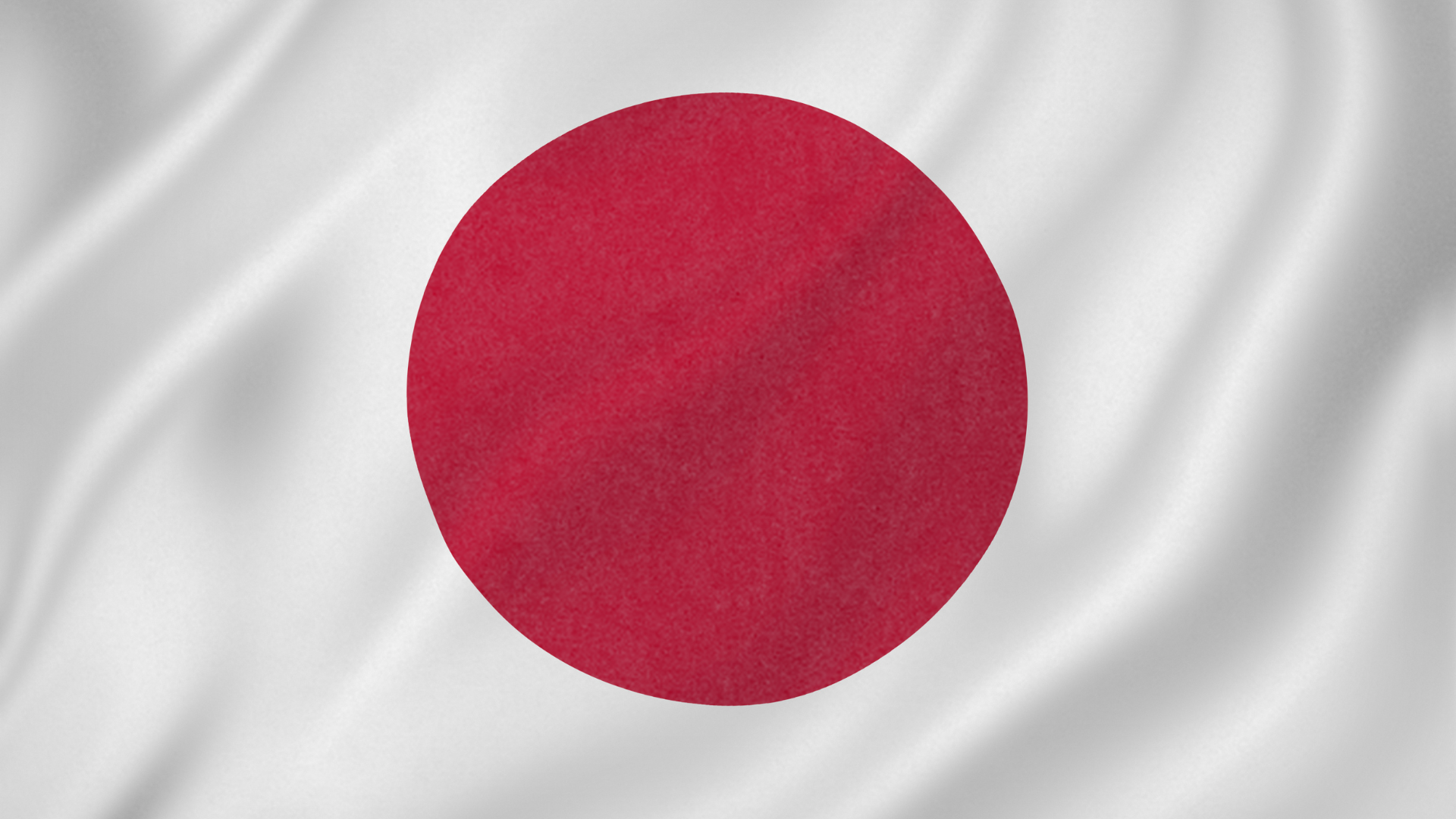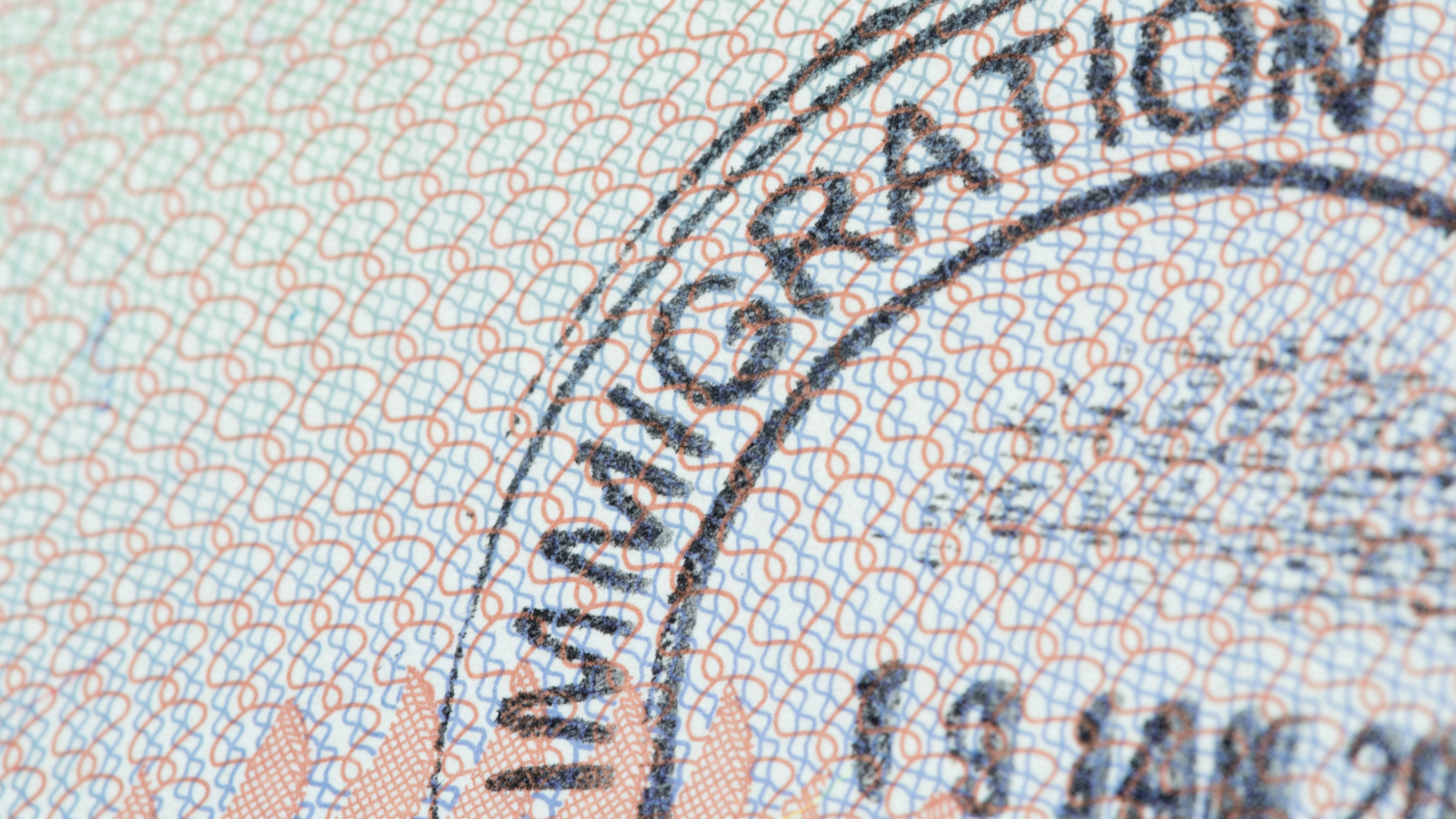Here’s the scenario: Late in 2009, Diana (not her real name) visited Macau for a vacation. Before she went back to the Philippines, Diana left her ATM card to her cousin, Grace (not her real name), who works in Macau, since they planned to import some goods to sell in the province. After several days, Diana deposited money to her ATM card and asked Grace to check if the money went through. It did, but what Grace saw in Diana’s account was unimaginable.
According to Diana, Grace saw a hefty thousand dollar deposit in the ATM card, which when converted to Philippine peso could have been several million pesos, as opposed to the amount Diana deposited. Grace then decided to check the ATM card over and over, to make sure that what she saw was real. And it was.
Since Diana has heard of such incident in the past, she advised Grace not to withdraw anything that was beyond the amount Diana deposited. In short, not to touch anything that is not theirs to keep, or else they will all be locked up in jail. The bank will figure that out very soon, anyway, according to Diana.
Grace only withdrew the amount deposited. The following day, a bank employee called Diana up and they discussed what happened. The bank employee explained how Diana’s cousin went overboard with the multiple inquiries overseas, hence the penalty of around P600. She explained that the inquiries were around 11 times and briefly mentioned about the differences in exchange rates, as well. The bank employee also said that it was a good thing Grace didn’t withdraw it. And so the rest is history.
Edwin Ermita, president of Bank Security Management Association or BSMA, says he knows of three major cases of erroneous transfers. He explains the protocol in such cases, both for the bank and the account holder:
• Initially, the banks should immediately call the owner of the account–once detected or identified–where the money has been erroneously deposited. And, of course, the real owner of the money would be complaining by this time, so in cases like this, banks should immediately call the account holder where the money was erroneously deposited.
• As for the account holder, immediately inform the bank that you have noticed a large sum or deposit in your account if you are not expecting any transfer of such amount.
But what if the huge sum of money erroneously deposited was withdrawn by Diana’s cousin? Ermita explains: “If the amount is withdrawn, the account holder, even if it’s not their fault, can be charged criminally. The account holder is still liable, even if he asks somebody to withdraw from their account. So it’s important the account holder should inform the bank of the questionable money transfer at once.” Besides, he further says, “We have been taught by our parents not to get what is not ours.”
So before dreaming of splurging on a Caribbean cruise out of that money, think about the consequence of finding yourself locked up in jail afterward.






